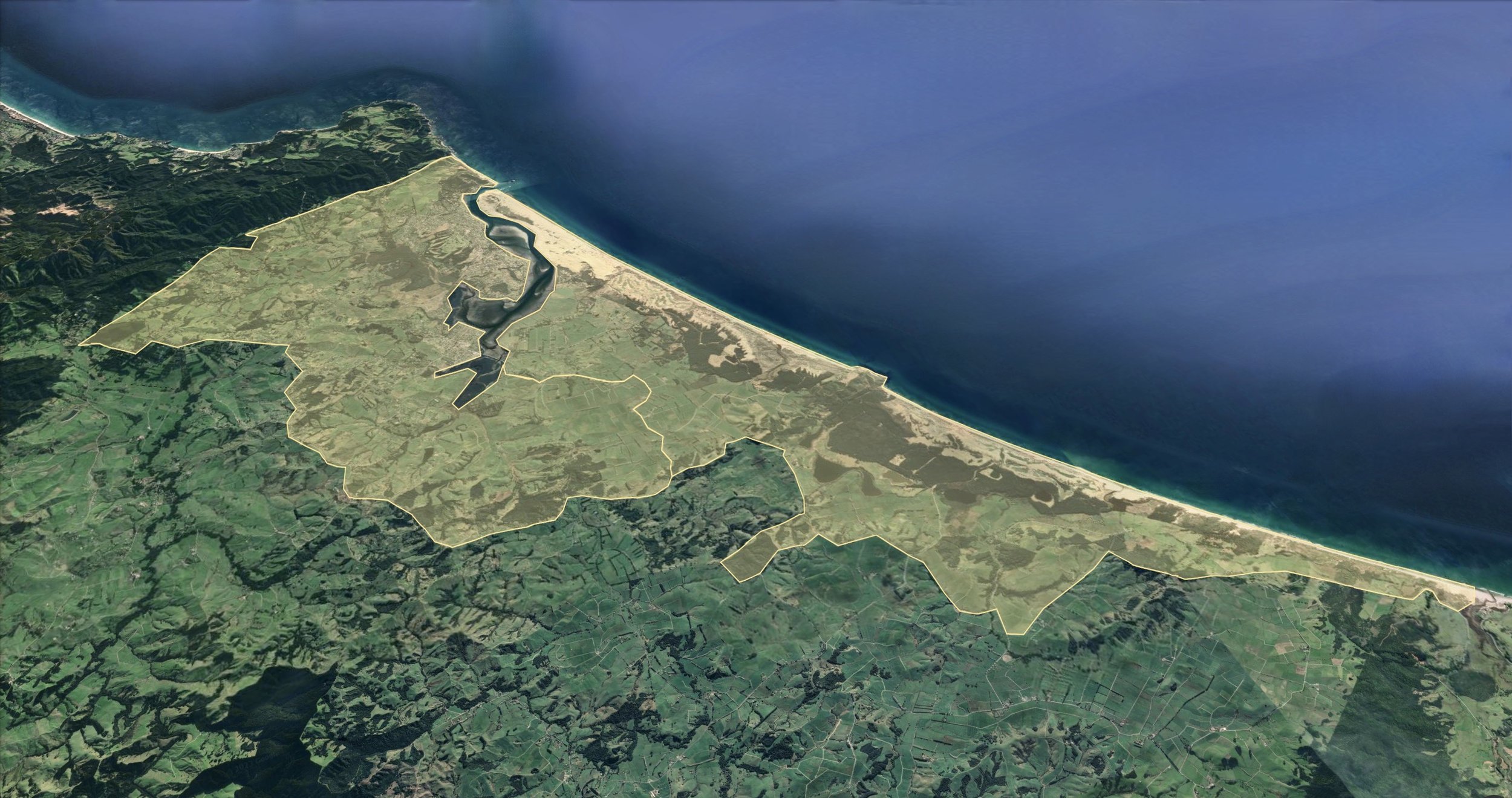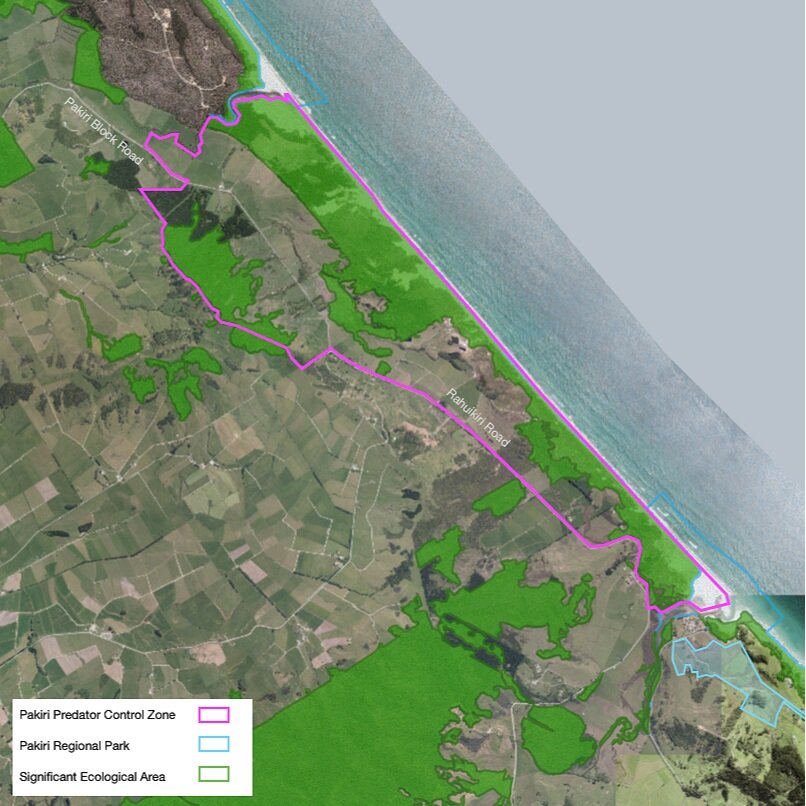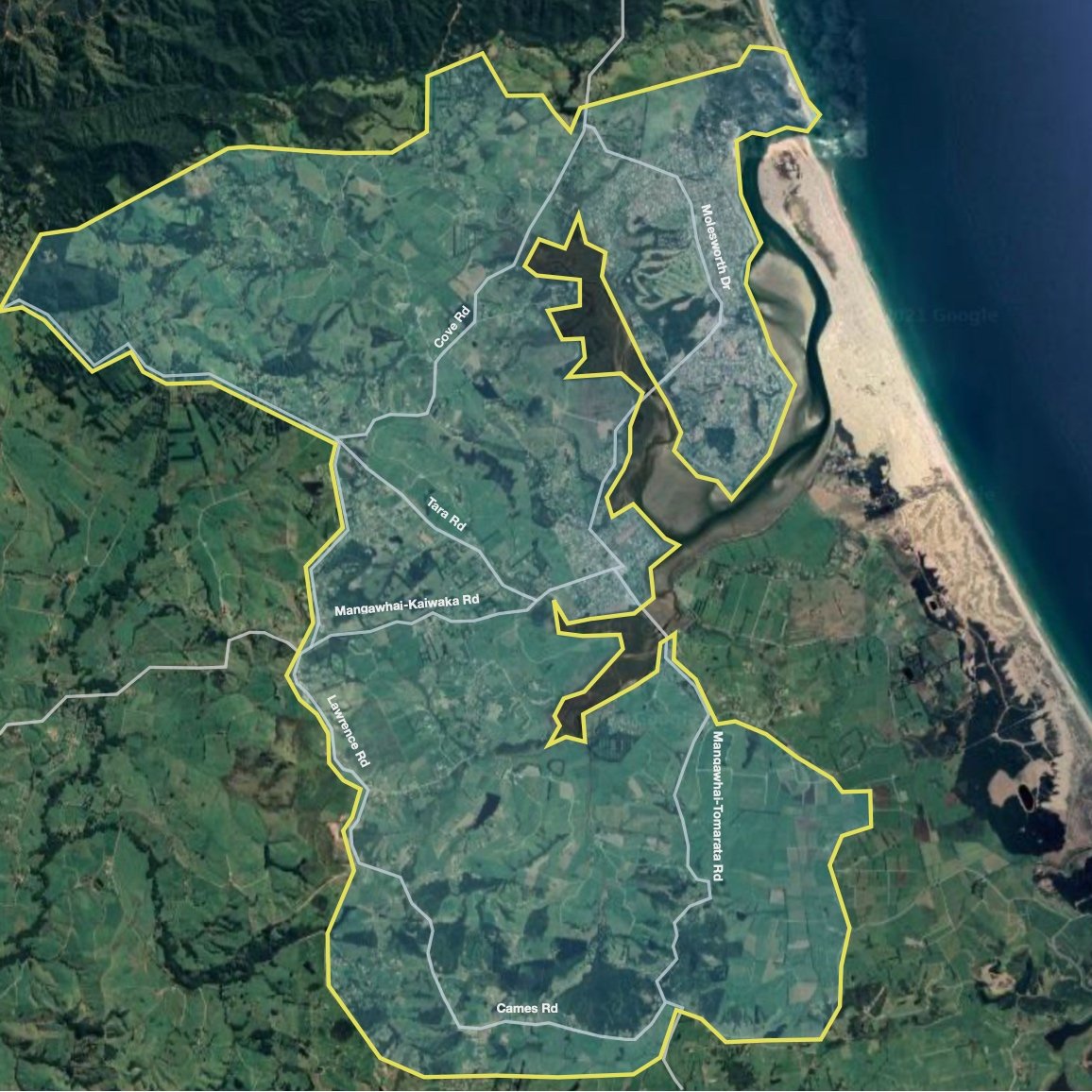
Working together we to make our coastal communities safe for native biodiversity to flourish.
PREDATOR CONTROL ZONES
BLACK SWAMP
PREDATOR CONTOL ZONE
The Black Swamp Predator Control Zone will help protect the Mangawhai Wildlife Refuge and estuary to the north, as well as Tara Iti Ecological Sanctuary and the Te Ārai coast to the east. Significant Ecological Areas within this zone include valuable fragments of wetlands, native scrub and forest, which help to sustain native plants and wildlife in the region.
TOMARATA - TE ĀRAI
PREDATOR CONTOL ZONE
The Tomarata – Te Ārai Predator Control Zone will help protect biodiversity along the Te Ārai coastline, Te Ārai and Poutawa streams, and Te Ārai Regional Park.
Significant Ecological Areas within this zone include fragments of stunning native forest, scrub, and wetlands, including Ngā roto - the Tomarata lakes.
PĀKIRI
PREDATOR CONTOL ZONE
The Pākiri Predator Control Zone will help protect biodiversity along the Poutawa Stream to the north, the Pākiri coastline to the east, the Pākiri river mouth and Pākiri Regional Park to the south, and the network of Significant Ecological Areas within.
MANGAWHAI WILDLIFE REFUGE
The 245ha Mangawhai Wildlife Refuge is the most significant breeding ground for the Critically Endangered New Zealand fairy tern, and also supports breeding populations of Threatened northern NZ dotterel, Caspian tern and many other threatened bird species.
TARA ITI ECOLOGICAL SANCTUARY
The Tara Iti Ecological Sanctuary plans to protect and enhance the sites indigenous flora, fauna and ecosystems in a manner which encourages and allows for the recolonisation and reintroduction of species that have been lost to the area.
MANGAWHAI PREDATOR CONTROL ZONE
The Mangawhai Predator Control Zone aims protect ecologically sensitive areas throughout our community, including the Mangawhai estuary, Piroa-Brynderwyn ranges, and remaining forest and wetland fragments.







